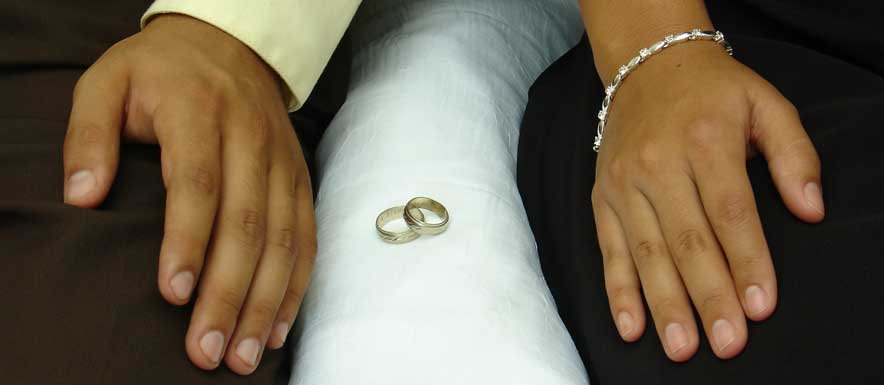The What
A forensic accountant is typically a CPA hired to assist with the valuation of businesses, examination and/or reconstruction of financial records, analysis of difficult tax situations, and computation of someone’s income. Forensic accountants tend to be used in cases where money and property are highly contested, when a personal or small business needs to be valued and divided, or when there are a lot of high-value assets.
The How
Forensic accountants are retained/hired under a variety of circumstances, but they are most frequently appointed by the Court as its expert in a contested case. In that situation the accountant, called a “730 expert,” is supposed to be a neutral person called upon by the Court for a specific person. At other times, your attorney might recommend that you hire your own forensic accountant to act as your expert witness in a trial. Parties sometimes opt to jointly retain a forensic accountant to assist them in a mediated dissolution setting or with their taxes.
The Why
Forensic accountants provide many important services to parties who need to value and divide their assets. If one party believes the other has squandered or hidden money prior to filing for dissolution, or there is an accusation of someone hiding his or her actual earnings, a forensic accountant can determine and account for this money. Additionally, forensic accountants will value businesses and calculate separate versus community property interests in assets. These are the usual reasons for hiring a forensic accountant during a domestic partnership dissolution or a divorce.
In addition, forensic accountants have the expertise to guide parties through the division of their assets and explain the differences between each asset and its particular value. For example, if one party wants the house and the other wants to keep his or her retirement, even if at the present they are equally valued, their future values will be dramatically different. They also are able to provide information regarding the various tax implications and advise on the best method of filing taxes during and after the dissolution.
The When
Often times it actually saves the parties money to retain a forensic accountant early on in their dissolution of marriage or domestic partnership case. A forensic accountant can dispel unrealistic expectations (where one party thinks the nearly bankrupt business is still a multi-million dollar company), provide guidance in order for the parties to maximize their tax savings, and cut back the need for attorneys to compel formal discovery (demands for certain documents or answers to specific questions). It’s often times a good idea to consider whether or not a forensic accountant is appropriate early on in the case rather than after the matter is set for trial.
